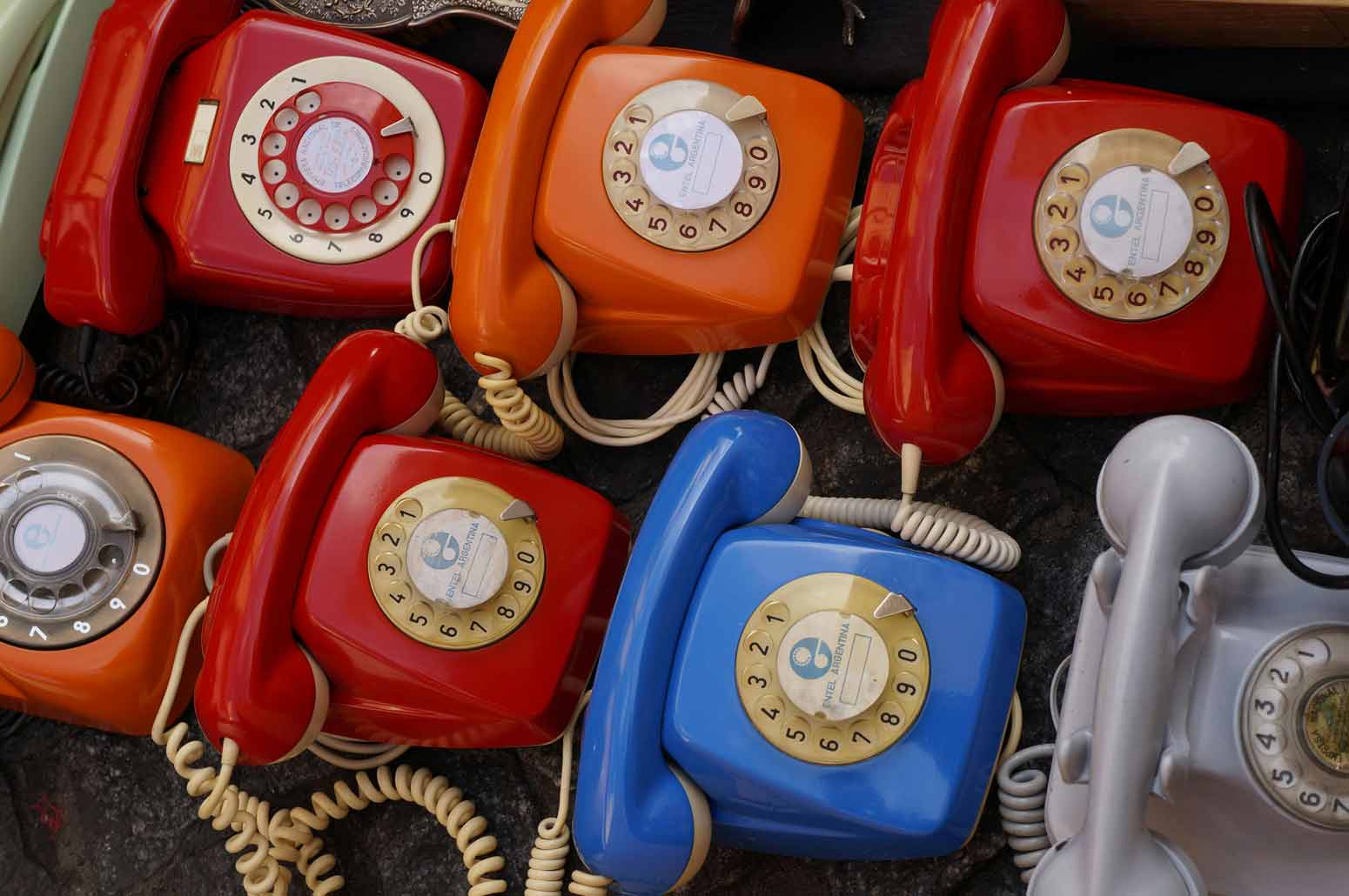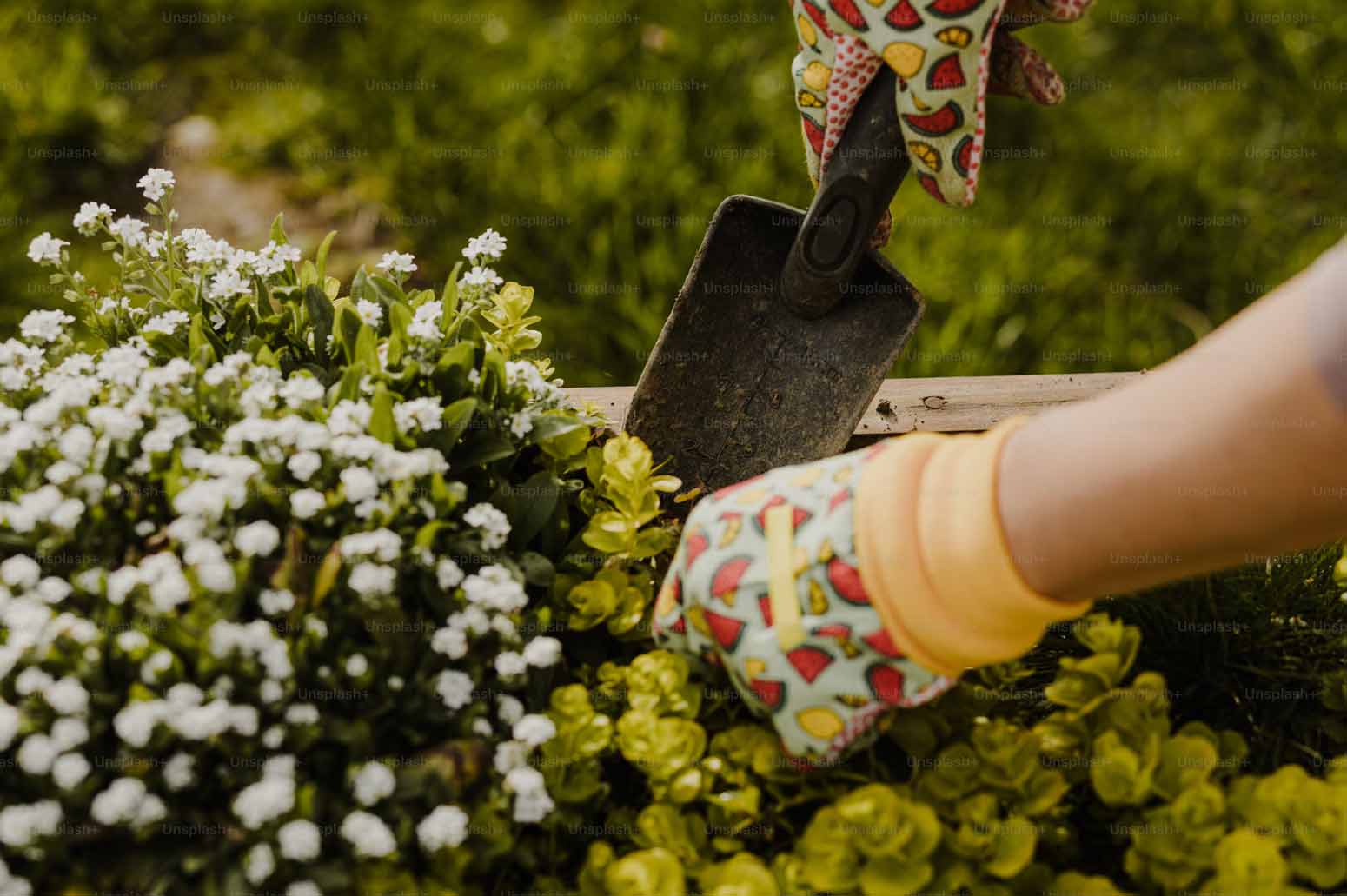At one time or another I’m sure we’ve all found ourselves to be the dreaded backseat driver—wincing with each turn and offering unsolicited advice about the speed limit or the direction that the (clearly incapable) driver was taking you.
Or how about that team work project you were assigned to? You weren’t so confident in your co-workers abilities so you decided to just do the whole thing yourself.
You tell yourself: “I’ve seen them in work meetings dozing off, or scrolling mindlessly through their Instagram feed, so I’m not about to get passed up on that promotion just because I’m forced to work on team loser.”
Or maybe you’re the mom of four, and your husband never makes the lunches right, so instead of accepting his much needed help, you relieve him of his lunch duties and do it all yourself.
The list could go on and on describing different scenarios with one common and prevailing theme threaded throughout each.
I’ll give you a hint… It’s something that we so desperately try to grasp ahold of but always feel it painfully slipping through our fingers.
You might have guessed it: control.
If you’re like me then you probably just winced a little inside, and felt a bit defensive at the reading of that word.
As a mental health counselor, I speak with a lot of clients who have had many difficult and oftentimes traumatic experiences leaving them feeling helpless, hopeless, and most painfully of all—feeling as though they have no control over their own lives anymore.
The events we experience from childhood to adulthood have a way of sending us one loud and powerful message: life is unpredictable. This unpredictability causes us to feel unstable and insecure, inevitably sending us searching for a more firm footing for our fragile hearts, emotions, and minds. This “firm footing” begins to take on the form of control: controlling others, controlling our interactions, and controlling our environments.
The events we experience…send us one loud and powerful message: life is unpredictable.
In the field of counseling there are two terms that we familiarize ourselves with to help guide our clients into understanding more clearly this idea of control and how it affects us and our relationships.
We can break down the idea of control from two vantage points:
1. Internal Locus (location) of Control: Individuals believe events in their life are controlled primarily from their own actions (i.e. internally). For example, when receiving exam results, people with an internal locus of control tend to praise or blame themselves and their abilities.
2. External Locus (location) of Control: Individuals believe events in their life are controlled by outside factors which they cannot influence, or that chance or fate controls their lives. For example, this individual would tend to praise or blame external factors such as the teacher or the exam.1
So, how does this translate practically into our daily lives and interactions?
Well, we find that we are either determining or deriving our sense of control from an internal or external place. As is clearly seen in the examples above, both an internal and external locus of control can have many pitfalls.
With an internal locus of control, I take ownership over my life and what takes place, but sometimes to a fault when I become crippled by guilt, anxiety, or shame (just to name a few). Whereas with an external locus of control, although we may not “internalize” the events or experiences we have, we may actually avoid taking responsibility for anything that happens, leading to a careless and calloused heart.
So, where does that leave us? How do we take back control over…well, control?
If you’ve ever attended an AA meeting, you may have heard them recite the well-known serenity prayer. This is how it goes:
“God, grant me the serenity to accept the things I can not change, courage to change the things I can, and wisdom to know the difference.”
Serenity to accept the things that happen which are outside of my control, and the courage to face my fears and change the things I can. This is where we not only find our release but also our stride.
What do I mean by that?
Well, by release I mean that we can finally take a deep breath and let go of the things that we were never in control of in the first place, and give ourselves grace and forgiveness for the mistakes we have made.
By stride I mean that by taking personal ownership over our lives we regain a sense of direction, confidence, and empowerment concerning the things that are within our control—namely our hearts, minds, emotions, and attitudes.
We might as well say, “Hi, my name is (fill in the blank) and I am a control addict.” Don’t worry, every person reading this would be joining you.
By admitting our need for control, whether it’s in the small or the big things (or both), we can echo the mantra of our fellow AA friends, and pray for the “serenity to accept the things we cannot change, the courage to change the things we can, and the wisdom to know the difference.”
As we learn where our responsibilities begin and where they end, we will find ourselves in uncharted territory. We’ll find ourselves stepping into freedom; the freedom to love and receive love, to live generously with our words, and our actions, to give grace and forgive not only others but ourselves.
…we can finally take a deep breath and let go of the things that we were never in control of in the first place, and give ourselves grace and forgiveness for the mistakes we have made.
When we relinquish our grasp for control, we actually discover the stability and security we’ve been searching for all along. We realize that firm footing is surprisingly found underneath the feet of faith, and as John Greenleaf Whittier so famously said:
“Nothing before, nothing behind;
The steps of faith
Fall on the seeming void, and find
The Rock beneath.”
 —
—
You’ll also like 3 Reasons You’re Unhappy and How to Make a Change, 9 Marks of a Beautiful Woman (on the Inside), Do Women Need to Be “Empowered” to Display Strength?, What to Do When You Need a Change, and Anatomy of a Strong Woman
#gritandgracelife













